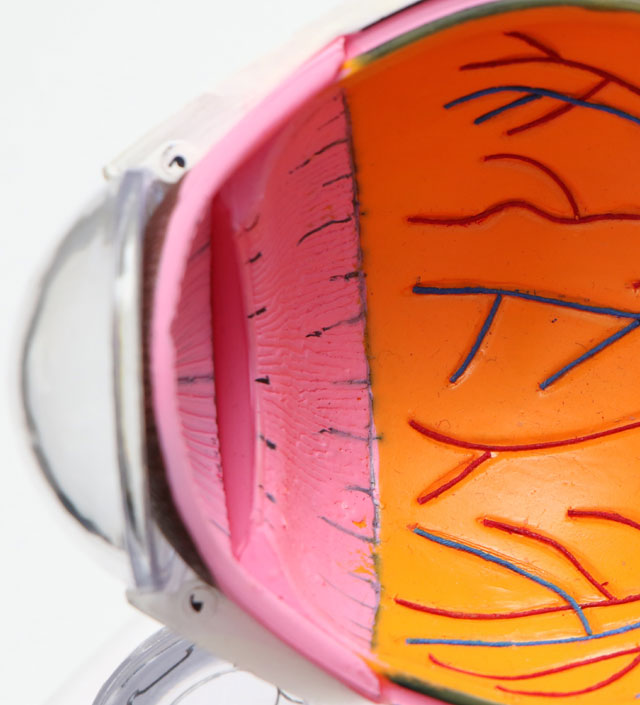A retinal scan may help in the early detection of Alzheimer’s disease, say researchers at the University of Minnesota.
Robert Vince, PhD, director of the Center for Drug Design (CDD) in the University of Minnesota’s College of Pharmacy, and Swati More, PhD, associate professor, CDD, say clinical studies have shown a retinal scan mirrors the development of amyloid plaques in the brain.
The researchers worked with Jim Beach, PhD, a biomedical engineer and CDD adjunct research professor, to develop a retinal scanner. They have licensed the technology to RetiSpec, which has developed a second-generation camera and overseeing clinical studies.
“Scientists are also focusing on other retinal signs of early Alzheimer’s. In a study published earlier this year in JAMA Ophthalmology, researchers reported that retinal thickness was associated with certain aspects of cognitive performance,” says a recent article in Scientific American.
Key study questioned
However, no definitive answers have yet emerged on the best ways to predict or cure Alzheimer’s disease. And now, critics are calling into question a key study on amyloid plaques that has underpinned much research.
In the last two decades, many researchers studied how the build-up of amyloid plaques is linked to Alzheimer’s. But controversy recently erupted over the influential work of another University of Minnesota researcher that has been the basis of many of those subsequent amyloid plaque studies. Some critics now question whether other possible contributors to Alzheimer’s disease should have received more attention in the hunt for a cure.
On July 21, Science magazine published an article after a six-month investigation highlighting how Vanderbilt University neurosurgeon Matthew Schrag brought the issue to light and why it now threatens the amyloid plaque theory. University of Minnesota neuroscientist Sylvain Lesné was the lead researcher on the influential study on amyloid plaques. The journal Nature published the study in 2006.
“His work underpins a key element of the dominant yet controversial amyloid hypothesis of Alzheimer’s, which holds that Aβ clumps, known as plaques, in brain tissue are a primary cause of the devastating illness, which afflicts tens of millions globally. In what looked like a smoking gun for the theory and a lead to possible therapies, Lesné and his colleagues discovered an Aβ subtype and seemed to prove it caused dementia in rats. If Schrag’s doubts are correct, Lesné’s findings were an elaborate mirage,” the magazine reported.
The University of Minnesota is investigating the issue, according to an MPR report.







